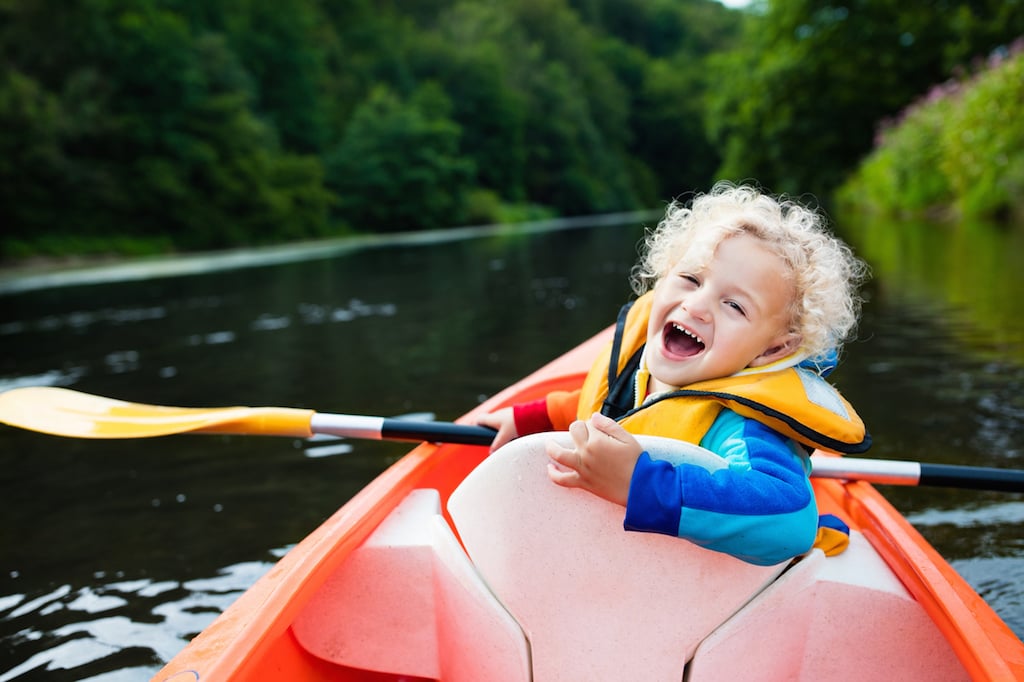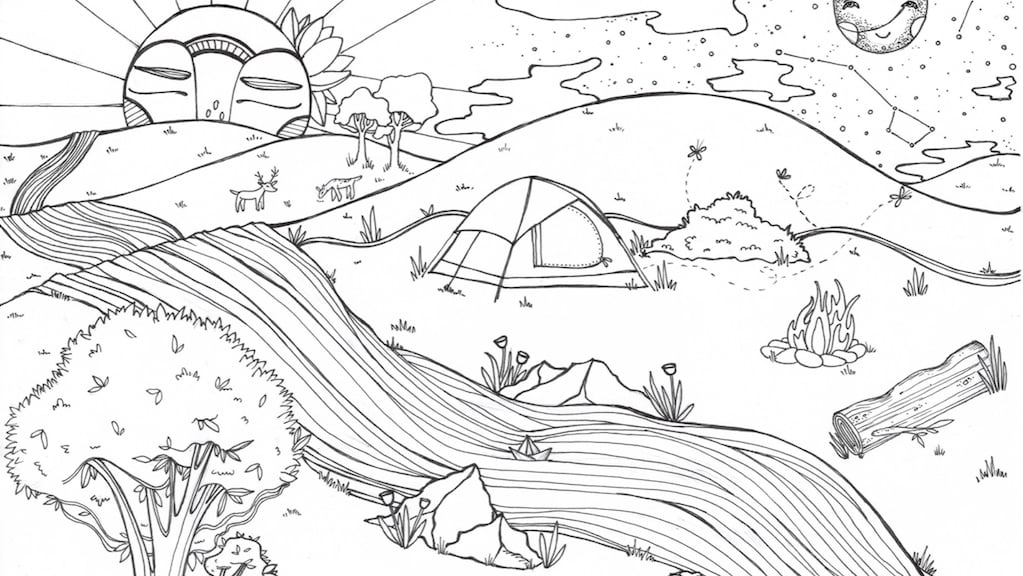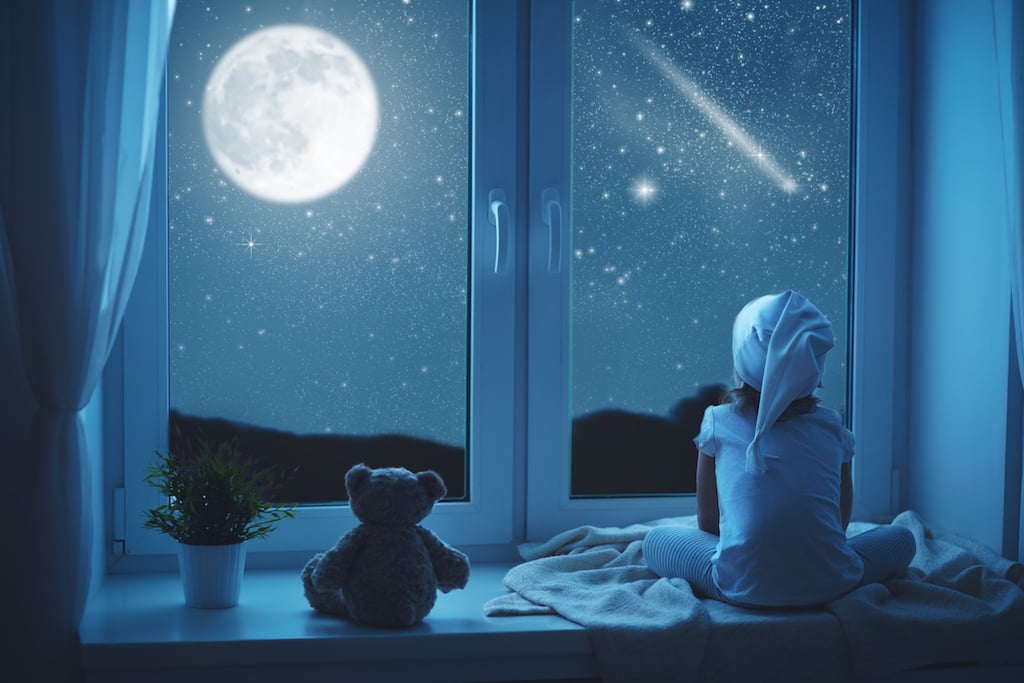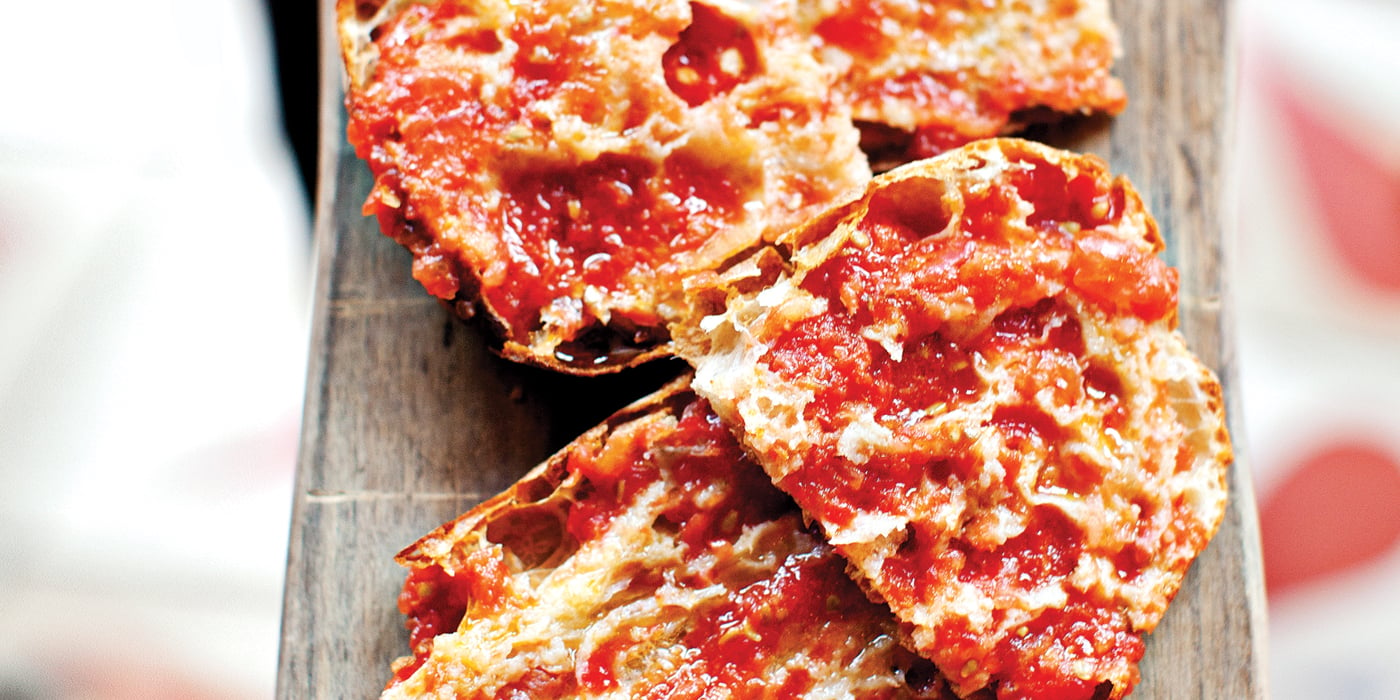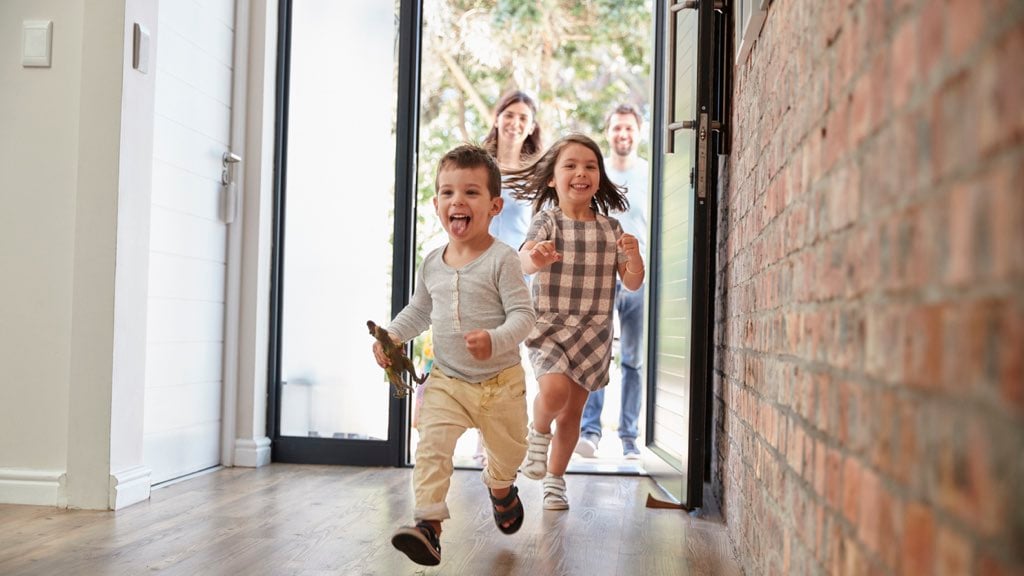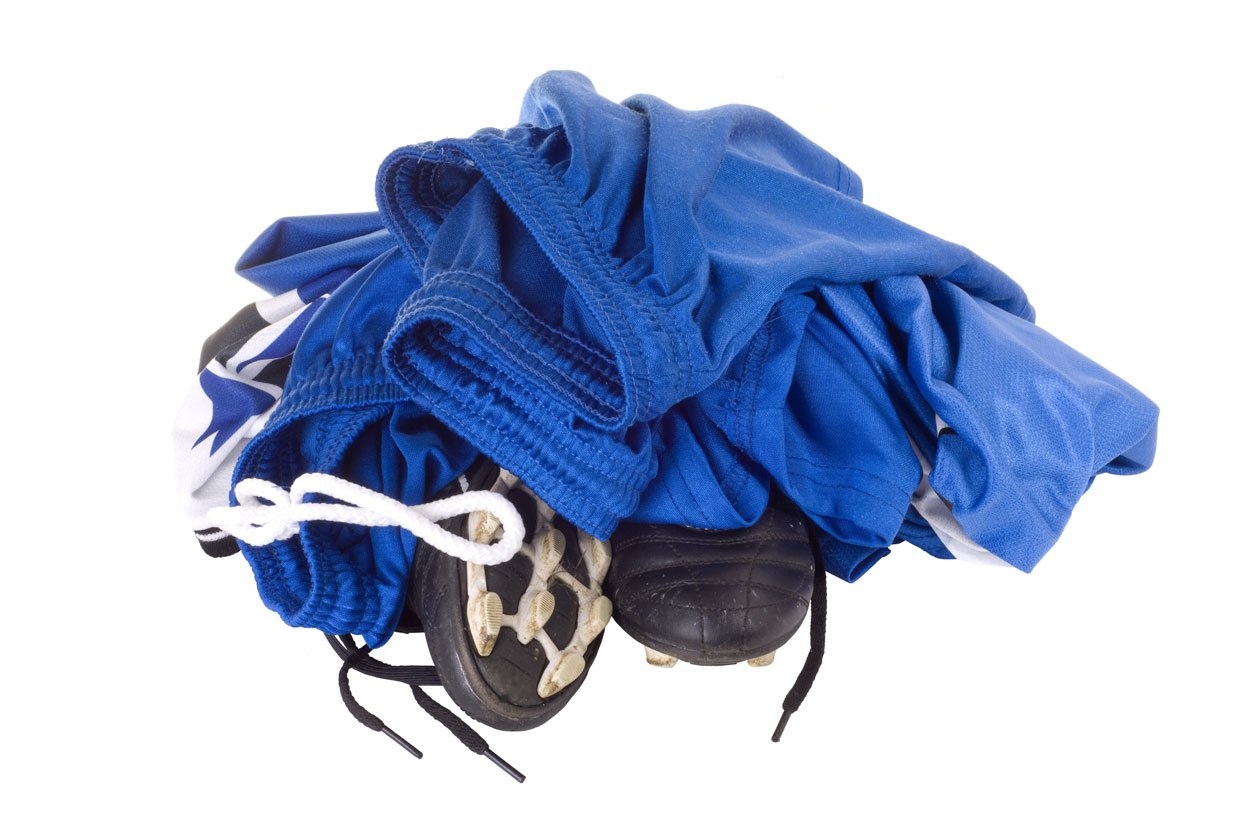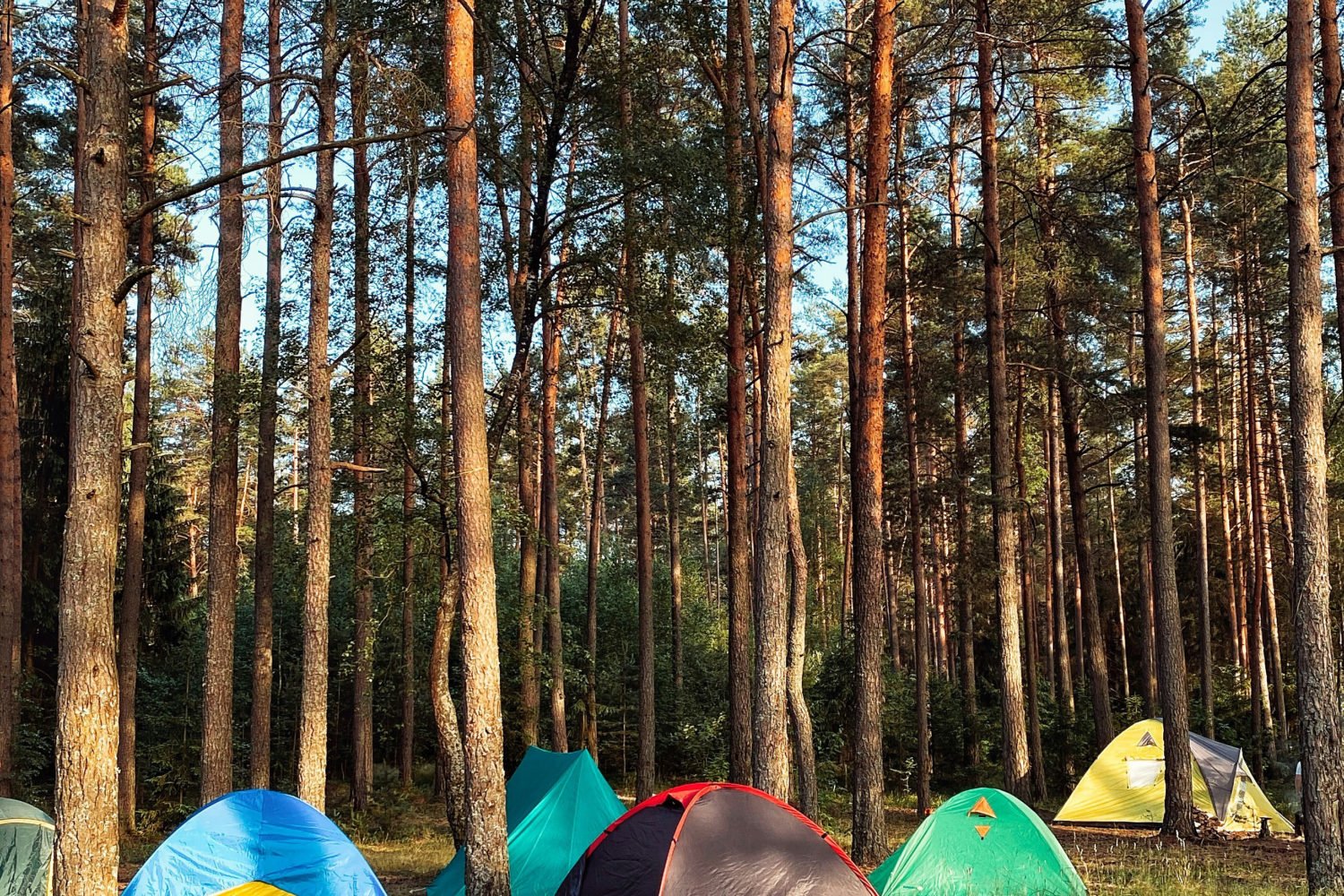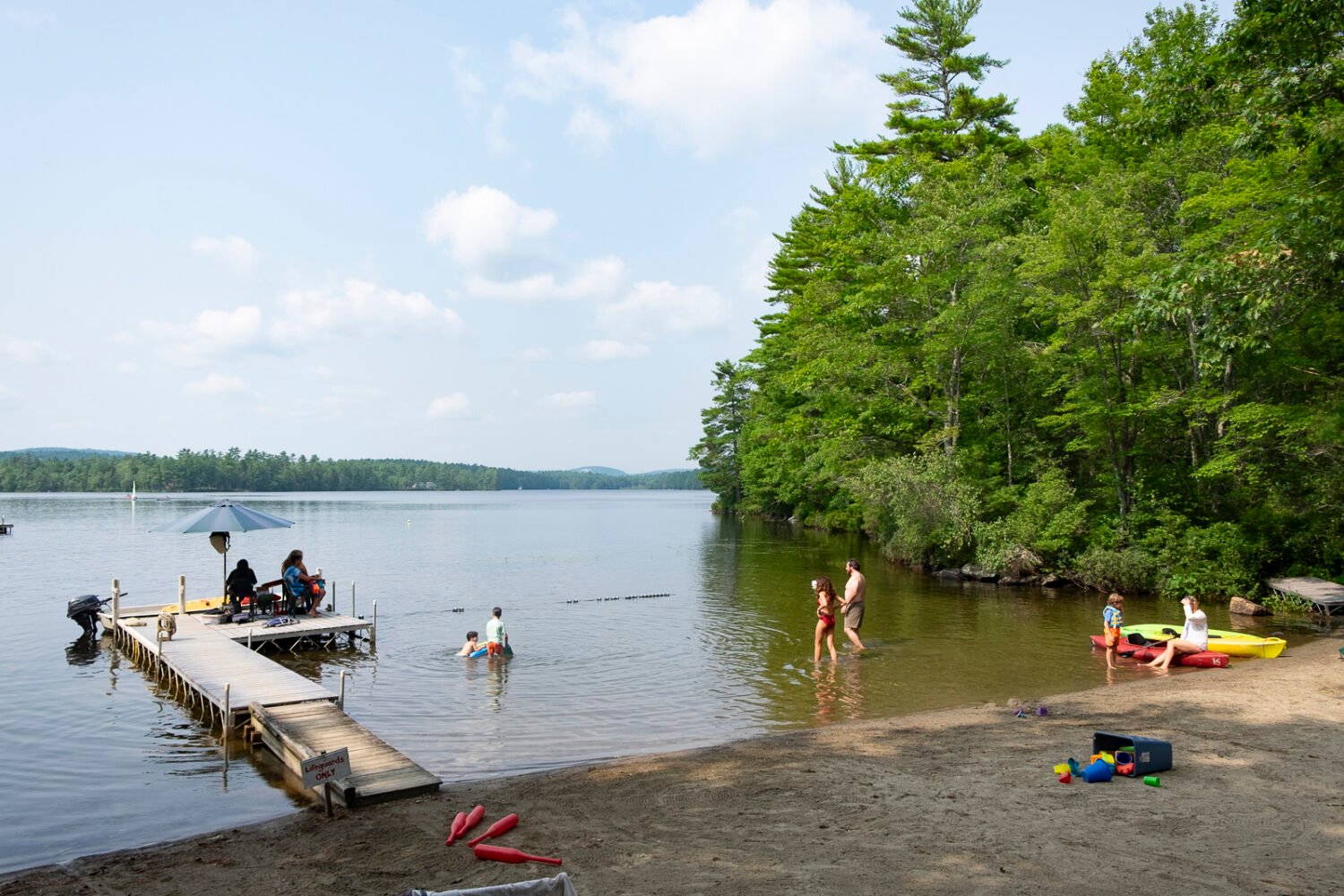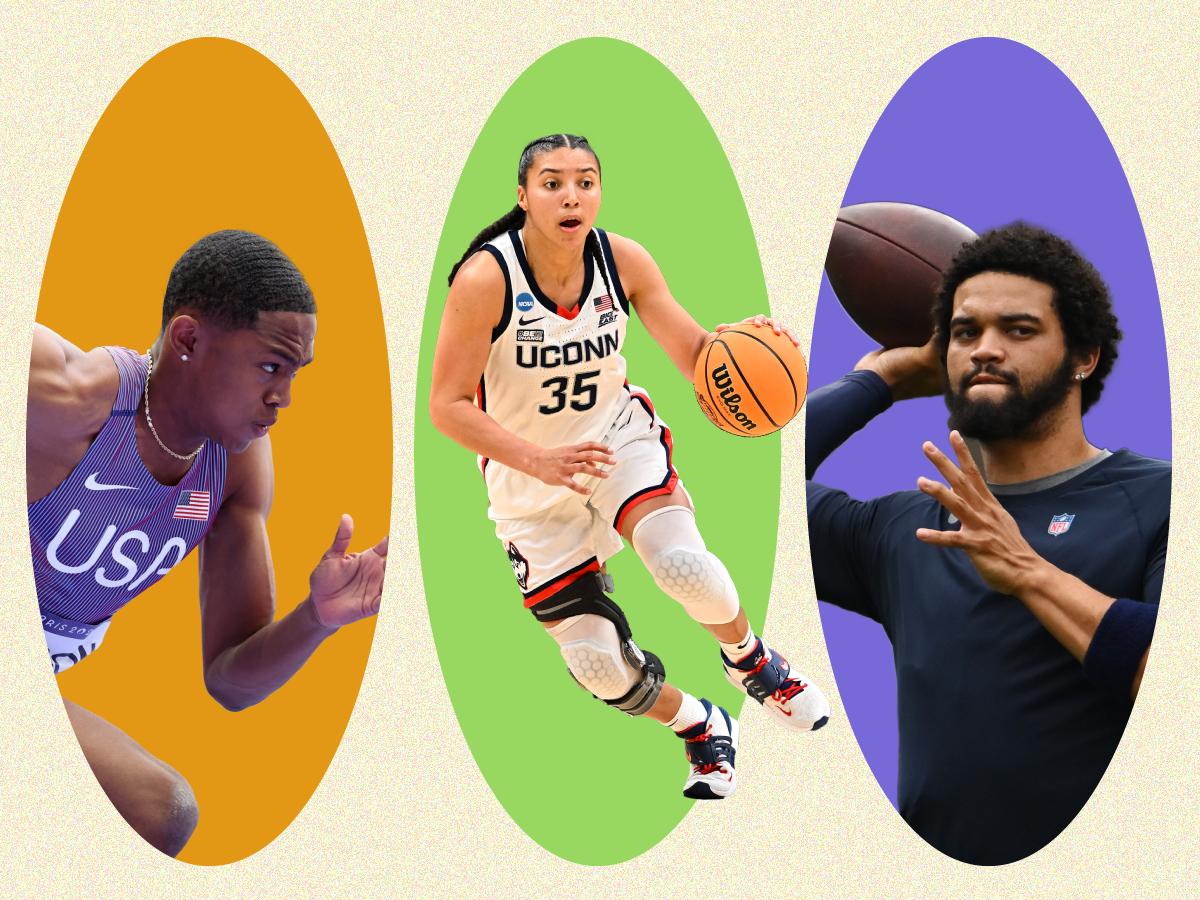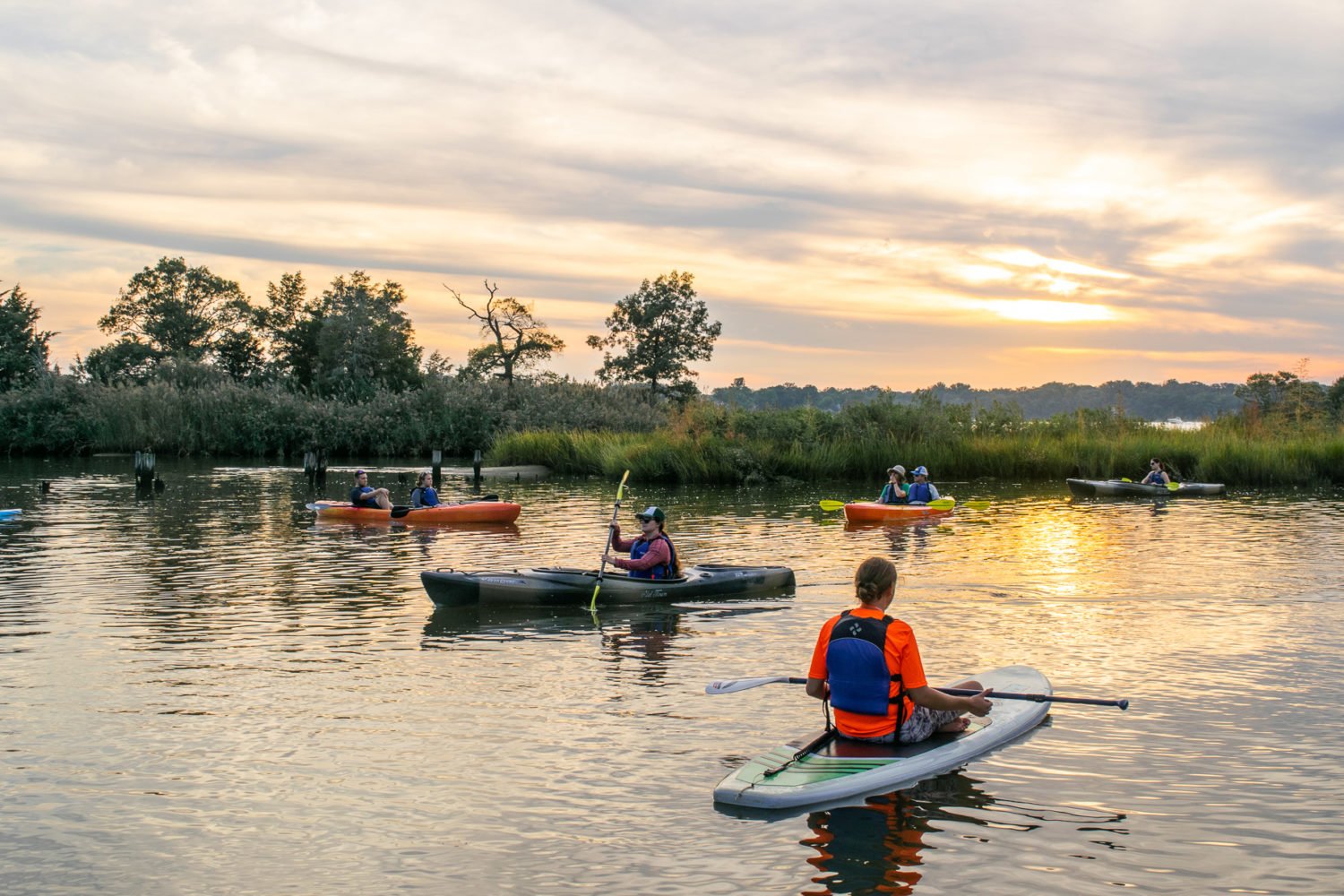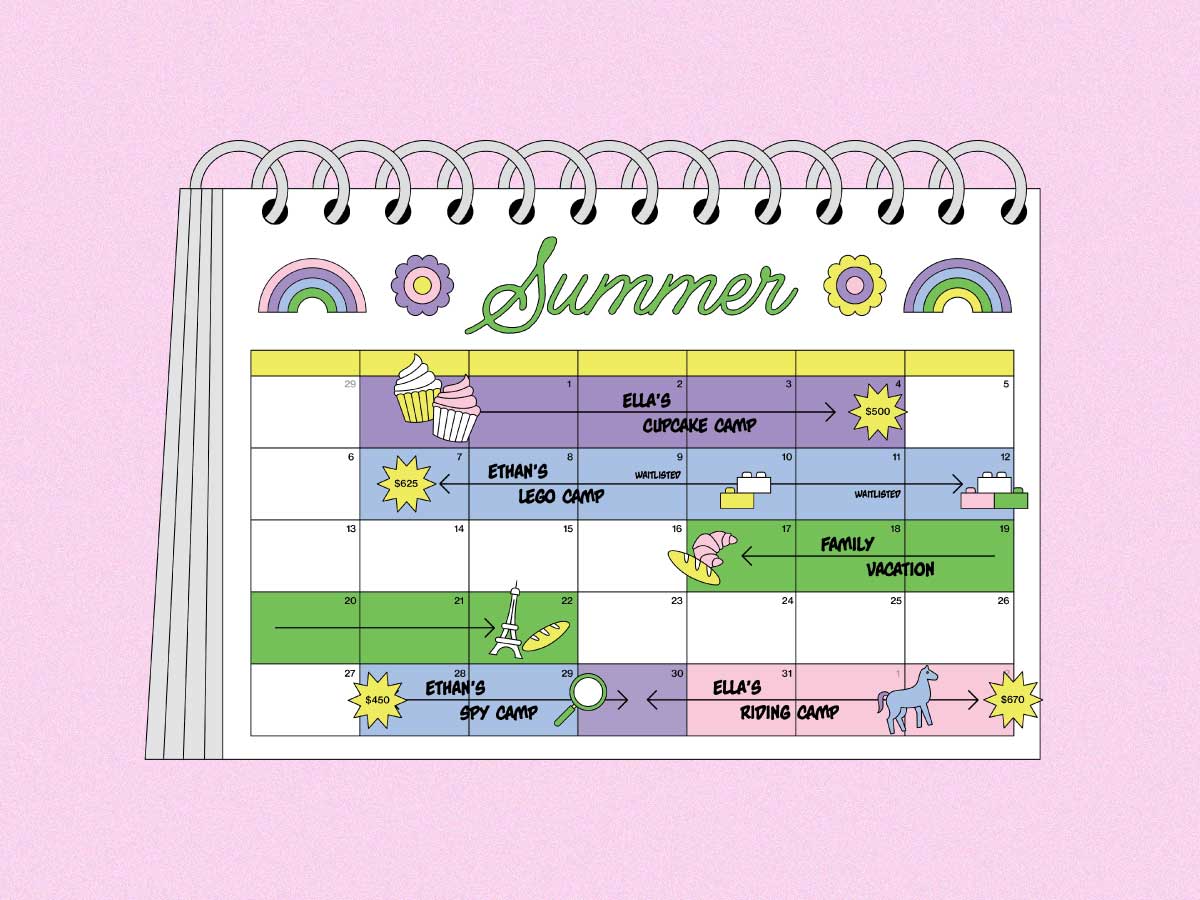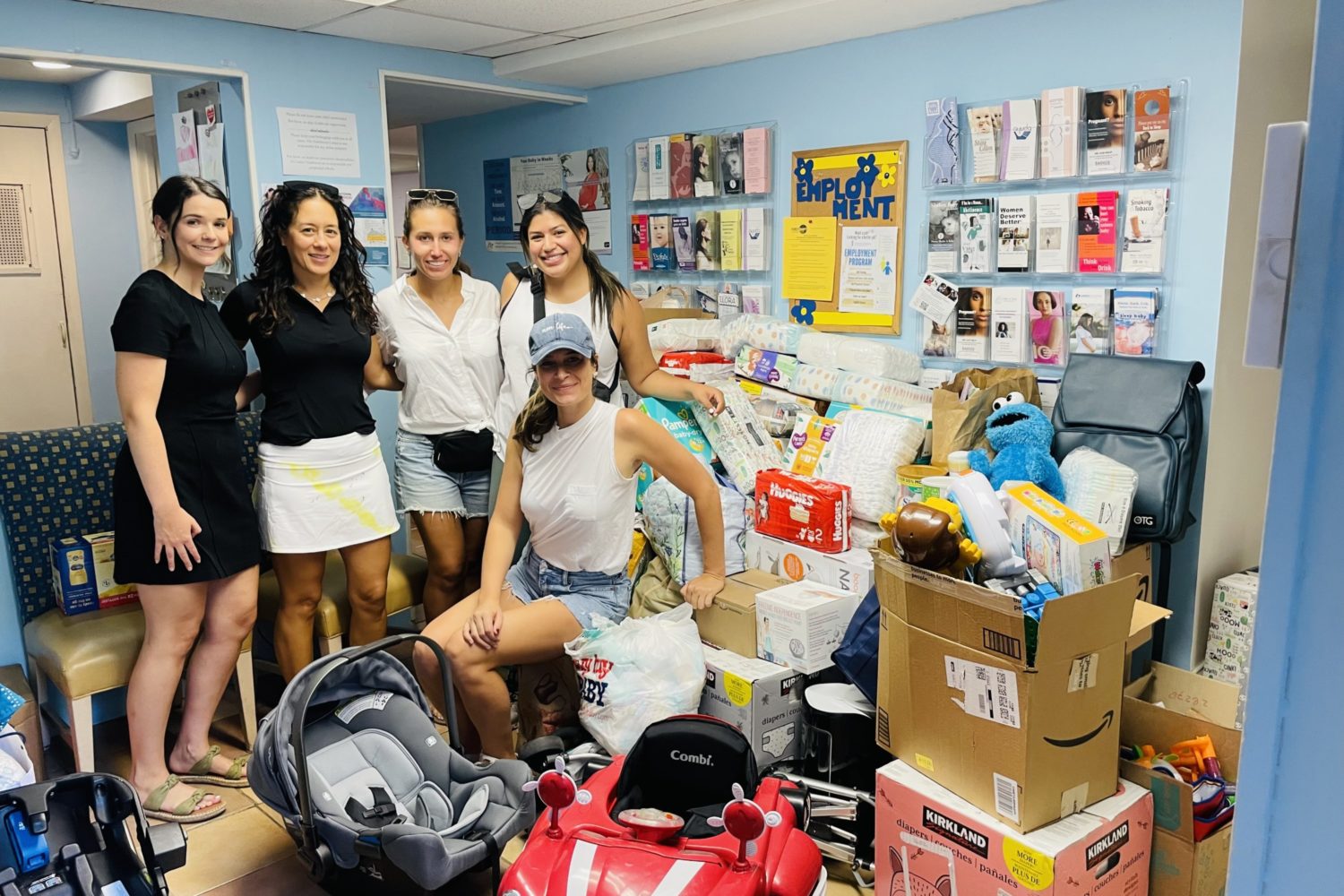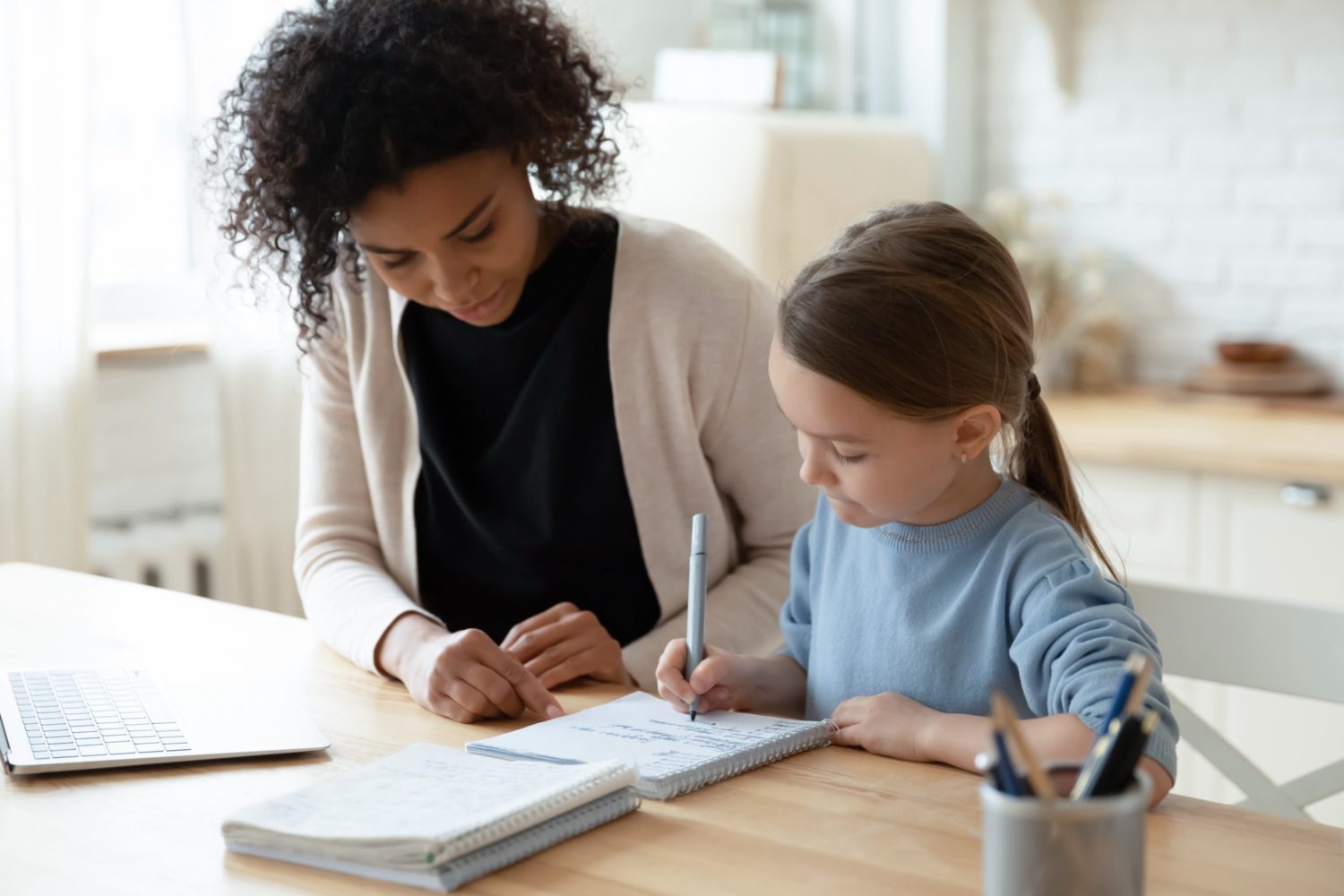A corner of my basement is piled high with camping gear – from sleeping bags and cooking utensils to a propane stove. My four-year-old son and I are about to set out on one of several annual journeys. This time it’s car camping in northwestern Maryland with some dear friends.
My boy and I both look forward to these trips – so does my wife when she can join us – because they’re a ton of fun. Fires are built and ghost stories are told. We sleep in and never set an alarm clock. Hours are spent in the closest lake, and we picnic on the shore. Foraging for wild raspberries and long walks top our no-stress to-do list. Of course, there’s at least one s’mores binge.
Sure, maybe all the s’mores my kid eats when we go camping aren’t healthy, but getting out into the great outdoors has many benefits for all children’s minds, bodies, emotional well-being, and family relationships.
So much education happens on these trips. Surrounded by nature, there are new animals and plants to discover and explore. One trip took us to a campsite with a rehabilitation facility for injured birds, which gave my son an up-close look at several owls, a bald eagle, and a peregrine falcon. During the same weekend, we found a toad in our shower stall, which lead to discussion of how they absorb water, and why accidentally getting shampoo on it would poison its water supply. Another time, we came across some wild mushrooms on a hike, so we talked about the dangers of eating them.
There are new proverbial merit badges to acquire and hone when you’re out in the forest. My son is learning how to put up a tent, build a fire (but not yet how to start it), and, of course, how to delicately roast a marshmallow golden brown without torching it into a ball of blackened charcoal.
With so many opportunities for physical activity in the woods – from hiking and bouldering to swimming and canoeing – there are myriad ways for kids to work on their fine and gross motor skills while burning calories and strengthening their bodies. Bonus: because there’s so much activity during the day, kids are highly likely to go to bed early and sleep soundly. You might even get an hour to yourself in the afternoon if they feel the need for a nap.
Since we leave electronics at home and we’re in the middle of a natural playground, my son and his friends indulge in imaginary play of all kinds. They built an epic sandcastle at the beach of the freshwater lake, hunted for lost pirate treasure amidst the towering trees, and pretended to be Jedis on a secret mission to find the Empire’s secret command bunker. Activities like these help build a variety of social and cognitive skills, plus its calming to be out in this quieter, less intense environment.
Despite all the good camping does my son, that’s not what I love most going out into the wilderness with him. I treasure how these adventures bring us even closer together. There’s new level of bonding, while we forge awesome memories I hope neither one of us will ever forget. Plus, we get to eat s’mores under the stars – and that never gets old.

